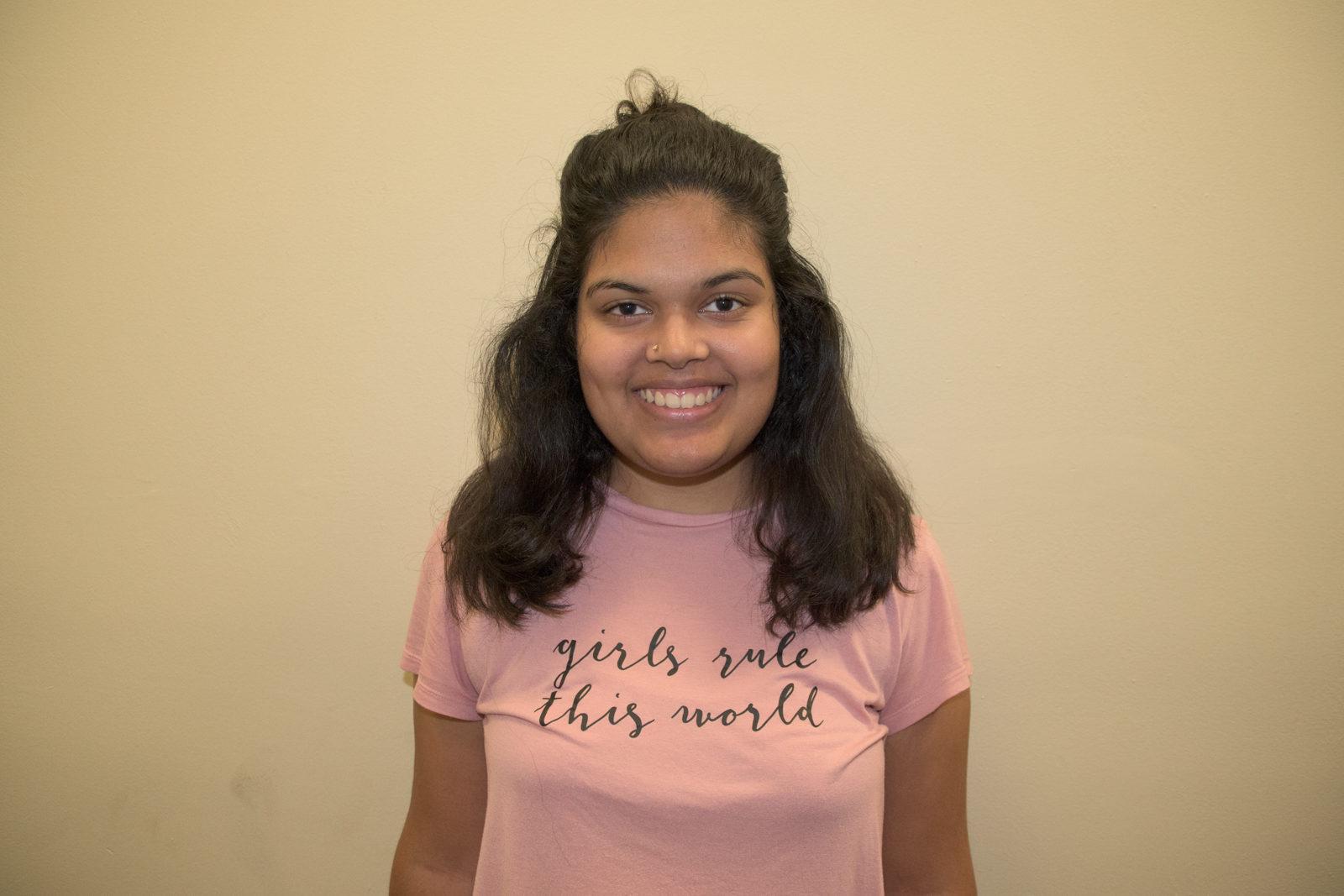International Women’s Day, held on March 8, is just around the corner, and we are nowhere near global, let alone national representation of all women. Each year, the organization sets a theme for to women follow, and this year’s theme is “#PressforProgress.” So far, 2018 has been the year of women. Women are fighting back against the U.S. government, their oppressors, harassers and the general mentality of who a woman should be in today’s society.
It’s surprising to me that we have come so far as a nation and world in terms of women’s rights. Women really are progressing in today’s society, but they still struggle to stand in the same line as their male counterparts. In the Academy Award nominations that came out earlier this year, there were far too few female directed movies and movies starring females. There was only one woman nominated for Best Picture, and one for Best Director. Absolutely no women of color were represented in either category.
The idea that so many women have produced, directed and created such phenomenal films and haven’t been nominated for an award for their work is appalling.
For so long, we have been watching films from the point of view of the male director, and oftentimes, we get the same stories that are repeated over and over again. The importance of nominating films like “Ladybird” is to bring more attention to the other kinds of stories that should be told — like coming-of-age films. It’s unfortunate that young people are grow up in a time where there still aren’t that many movies with girls that don’t play the “damsel in distress” or need to be won over by the men. Disney princesses can only have so much influence. It’s time that women are given another storyline besides romance.
My biggest question in all of this: Where is the diversity and representation of women? Amber Tamblyn, who has acted in a number of films including “The Sisterhood of the Traveling Pants,” was extremely unsatisfied by the nominations when they came out. She stated in a series of tweets, “The Oscar nominations are not just a problem of exclusion. This is a problem of representation. There needs to be more films written and directed by women and women of color, PERIOD.”
As a woman of color, I’d be grateful if more women of color were able to direct and write more films for people of color. Growing up, I could count the number of women of color characters I saw on my fingers. I remember always asking myself when I would see a women of color whose storyline wasn’t going to be killed off or treated as the “token brown character.”
In this day and age, representation of women of color is extremely important because there are more stories to be told. The incredible success of “Black Panther” comes not only because of its majority black cast, but also because of its phenomenal female characters. In previous Marvel movies, women have been cast as the love interest or the concerned family member, and almost never as the superhero. I think the idea to create such strong, bold female leads is important for the future of film because it shows young girls they are capable of being powerful.
Women have come a long way from the beginnings of film, but it is still vital for the stories of strong female characters to be told. Even more, they need to be told from the point of view of a woman — not the perceived point of view of a man. I hope that for the future, there will be more representation of women in film and that more women will be nominated for their films, because time’s up. We aren’t in the shadows anymore.

























































































































Sudarshan • Mar 1, 2018 at 4:08 am
Very well articulated. I agree with the premise as well, but let me ask you a counter question.
If women of colour want to be in the same space, is there a barrier that prevents them from being able to do the same job that for want of a better word the whites are able to do?
The second question is- for a moment if we keep aside all other arguments and focus purely on merit of film craft and on that count and that count alone if no one qualifies then would you say just for propriety someone of colour should be nominated?
If we want things to be on a equal footing we need to ensure that we get to the platform that affords us the opportunity to compete and once we compete on a level playing field then only the best should win.